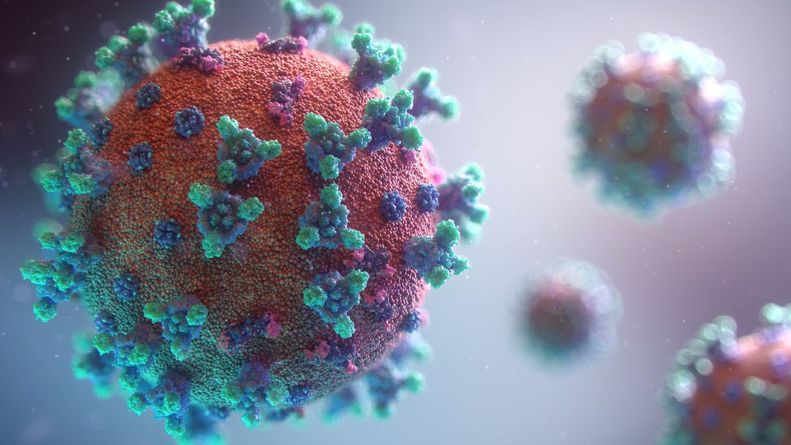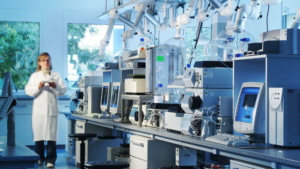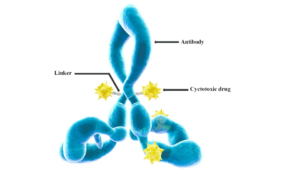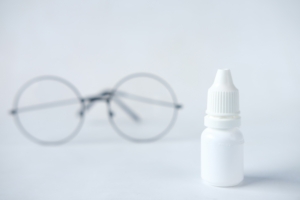
SARS-CoV2 antibody tests: not suited for individual diagnosis?
An international research consortium provides data demonstrating that SARS-CoV-2 antibody tests are only useful for population-based analyses.
This is no good message for policymakers willing to relax social distancing measures based on immunity passports or antibody titers against the spike- and nucleocapsid antigen of SARS-CoV-2: In a brand-new publication in Science Immunology, Juliet Bryant from Fondation Mérieux in Lyon, France, and colleagues highlight the potential power of population-level serological, or antibody testing to provide snapshots of infection history and immunity in populations as the COVID-19 pandemic progresses. In contrast, they emphasize the risks of using current serological tests to assess individual immunity to the SARS-CoV-2 virus.
While the World Health Organization WHO recommends restricting such antibody testing to research use only, scientists here argue that these tests – even with moderate sensitivity and specificity levels – could provide highly valuable information to address critical public health questions, such as when to relax stay-at-home orders or school closures.
In theory, antibody tests can examine whether a person has ever been exposed to a certain virus over their lifespan. However, what SARS-CoV-2 antibody test results mean for protection and immunity – and how this may vary across diverse populations from different genetic backgrounds – are still poorly understood.
Thus, as tools to issue immune passports that certify an individual’s immunity, current serological tests were insufficient and even harmful, the authors argue; the tests would, in fact, need near-perfect specificity to provide a reliable gauge of immune protection. By contrast, as tools to ascertain population-level epidemiological trends and in conjunction with PCR testing, serological surveys could help officials estimate the risk of future waves of disease, measure the impact of interventions, and confirm the absence of transmission after the pandemic has subsided, as long as the tests’ sensitivity and specificity are well-defined during data interpretation.
Moreover, serological surveys – which could be distributed to anyone regardless of the presence or absence of symptoms – could provide a less biased picture of infection fatality rate than PCR testing of viral RNA. The latter exhibits considerable variation in testing practices and may lead to testing biases, since they are conducted mostly in symptomatic individuals who seek diagnosis and care.
Serological surveys could inform public health initiatives in much the same way that data from a national census is translated into policy decisions regarding infrastructure investments, the authors say, and would similarly require an efficient data-gathering system – incorporating broad consent – governed at national and international levels. As well, population-level serological sampling could enable screening of multiple biomarkers of public health concern, extending the utility of such a framework beyond SARS-CoV-2 alone, the researchers note.
Both sorts of SARS-CoV-2 tests along with cytokine testing, however, couldhelp contract research organisations (CROs) such as GBA Pharma Group enrol the right patient population into ongoing clinical trials.


 Vetter Pharma
Vetter Pharma International Journal of Molecular Sciences, doi: 10.3390/ijms17040561 JO - s
International Journal of Molecular Sciences, doi: 10.3390/ijms17040561 JO - s